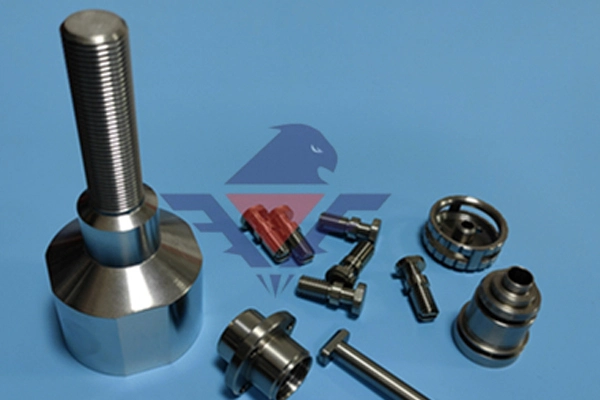
html
Swiss Machining: Precision Engineering for Complex Components
Swiss machining, also known as Swiss screw machining or Swiss turning, is a specialized manufacturing process renowned for its ability to produce highly precise and complex components. Originating in Switzerland during the late 19th century, this technique was initially developed to meet the demanding requirements of the watchmaking industry. Today, Swiss machining has evolved into a cornerstone of modern precision engineering, serving industries such as aerospace, medical devices, and automotive manufacturing.
How Swiss Machining Works
Unlike conventional lathes, Swiss machines utilize a sliding headstock and guide bushing to support the workpiece close to the cutting tool. This unique design minimizes deflection and vibration, enabling exceptional precision even for long, slender parts. The process typically involves:
- Bar stock feeding through a guide bushing
- Simultaneous multi-axis machining operations
- High-speed precision cutting
- Automatic tool changing capabilities
Key Advantages of Swiss Machining
Swiss machining offers several distinct benefits that make it ideal for manufacturing complex components:
- Exceptional Precision: Capable of holding tolerances as tight as ±0.0001 inches
- Efficient Production: Multiple operations can be performed in a single setup
- Material Versatility: Works with various metals, plastics, and exotic alloys
- Cost-Effective: Reduces secondary operations and material waste
Keyword: Swiss Machining
Applications Across Industries
The precision and versatility of Swiss machining make it invaluable for numerous applications:
Medical Industry
From surgical instruments to implantable devices, Swiss machining produces critical medical components with the required precision and surface finish.
Aerospace
The aerospace sector relies on Swiss machining for fuel system components, fasteners, and other mission-critical parts.
Electronics
Connectors, pins, and other miniature electronic components benefit from Swiss machining’s precision capabilities.
Choosing the Right Swiss Machining Partner
When selecting a Swiss machining provider, consider these factors:
- Experience with your specific industry requirements
- Quality certifications and process controls
- Material expertise and finishing capabilities
- Capacity for both prototyping and high-volume production
As manufacturing demands continue to evolve toward smaller, more complex components, Swiss machining remains at the forefront of precision engineering solutions. Its unique capabilities make it an essential process for industries where accuracy, repeatability, and quality are non-negotiable.